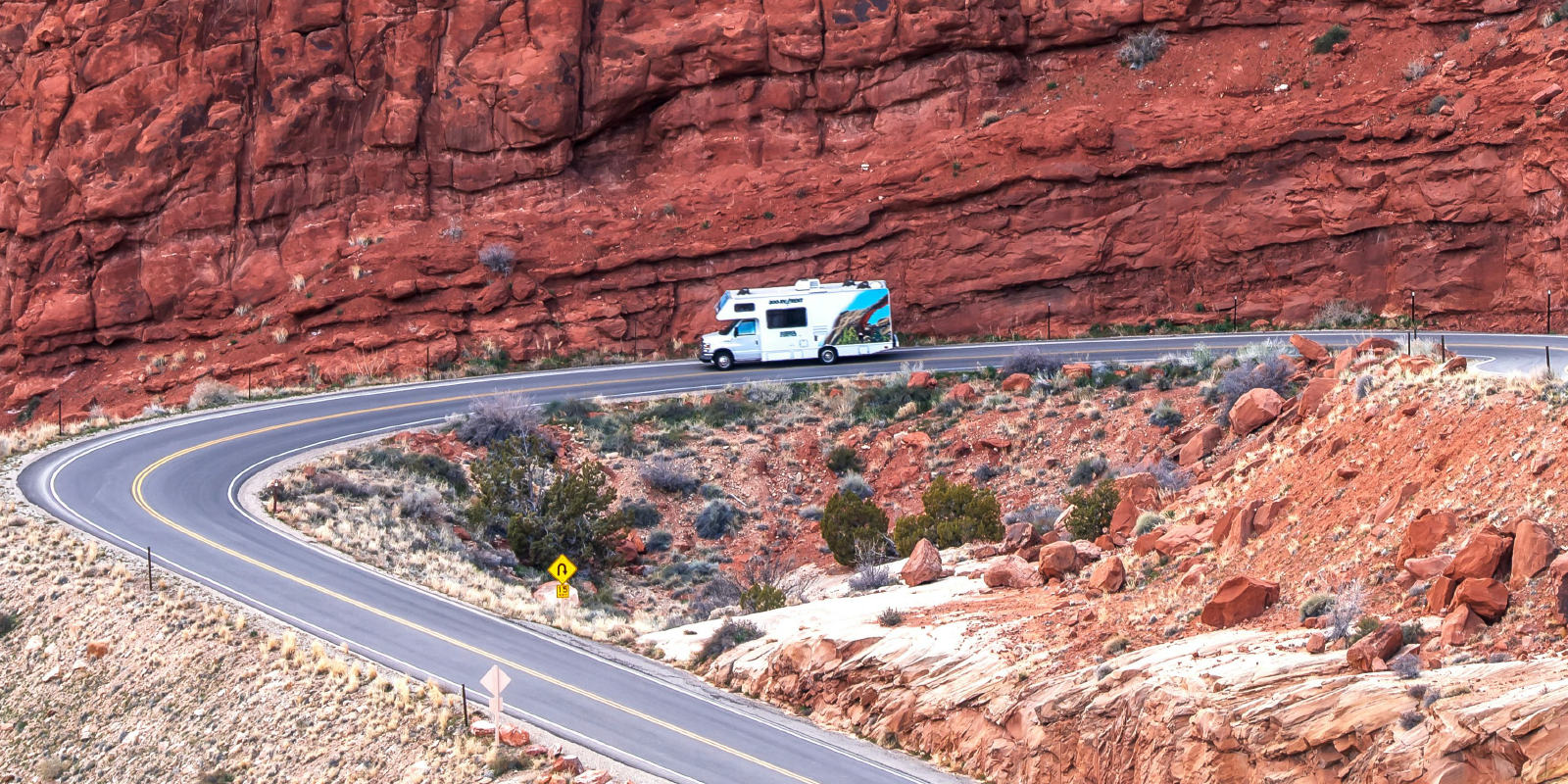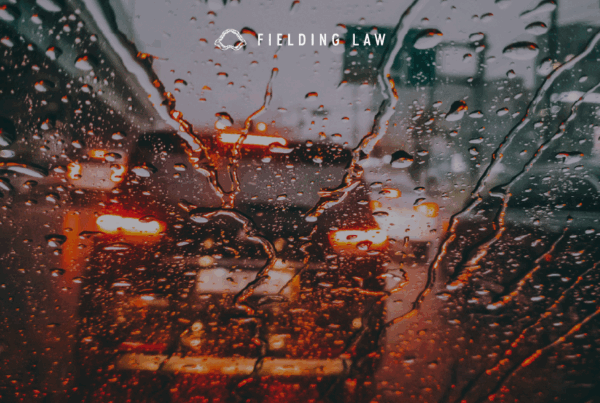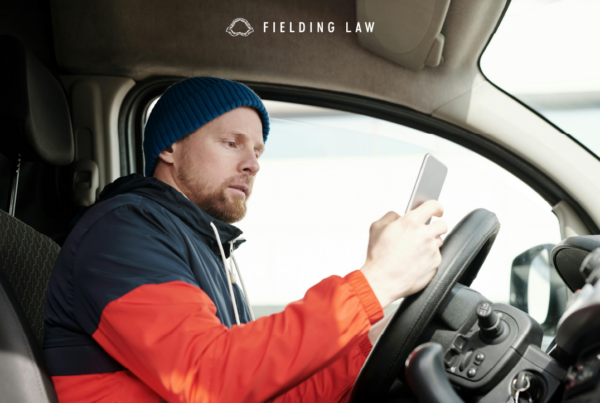With warmer weather just around the corner, it is almost time to prepare your RV for your next getaway. At Fielding Law, we understand the excitement of hitting the open road, but we also recognize the potential risks that come with it, including the fact that in the United States alone, there are approximately 70,000 to 80,000 recreational vehicle collisions yearly. Despite RVs only accounting for 1% of all vehicles on the road, they contribute to 2.6% of accidents, highlighting the importance of taking extra precautions when navigating a larger vehicle (CCIS). That is why we prepared the best tips for a safe RV trip.
Know Before You Go
RVs can be a fun and conventional way to travel, but they can also be more dangerous than your personal vehicle.
Be Aware of ‘No Zones’
Recreational vehicles have blind spots, including front, rear, and sides, that you may not be accustomed to. Before entering a lane, it is important to be extra attentive to smaller vehicles on the road.
Check Your Insurance
Before you set off on your road trip, make sure your insurance plan covers your RV and that it is up to date. Do not hit the road unless you have insurance coverage for your vehicle.
Vehicle Check
Ensure proper inflation of your tires, your windshield wipers are in good shape, and that all loose items are stored properly before hitting the road.
Buckle Up
According to California law, a seatbelt or lap belt must be worn if one is available in the vehicle. For safety during travel, rear passengers are advised to remain seated with seatbelts fastened while the vehicle is in motion.
Evenly Distribute Weight
This will help maintain balance when using roads like highways that require higher speeds and prevent a tire blowout on the road. In the case of a blowout, be prepared with spare tires or a roadside assistance plan.
Watch Your Speed
RVs are larger vehicles, so they may take longer to stop. Ensure enough space between you and other drivers to avoid an accident. Remember that RVs have different rules on the road. In California, the max speed limit is 55 MPH, while in Arizona, the max speed limit for an RV is between 65 – 75 MPH. Going too fast can put you at risk of a rollover.
Steps After an RV Accident
In the unfortunate event of a recreational vehicle accident, you should follow these steps to ensure the recovery and justice you deserve.
- Pull Over: Get off the road as soon as it is safe to avoid being an obstacle for other drivers.
- Seek Medical Attention: Not all injuries will be apparent immediately after the accident. It is important to see a medical professional for any hidden wounds.
- Call 911: Even if the accident is minor, it is important to call law enforcement to the scene. They can create a police report that will help strengthen your case.
- Document Everything: Take pictures and footage of the accident and all the vehicles involved. Exchange information with all involved parties.
- Call Fielding Law: With our expertise, we can guide you on the path to recovery and compensation.
Fielding Law is Here for You
 Use our tips for a safe RV trip next time you hit the road. Should an accident occur along the way, Fielding Law is ready to always provide expert legal support and guidance. Reach out to our trusted team at 833.88.SHARK to ensure you receive the justice and compensation you deserve. Your safety and well-being are our top priorities, both on and off the road.
Use our tips for a safe RV trip next time you hit the road. Should an accident occur along the way, Fielding Law is ready to always provide expert legal support and guidance. Reach out to our trusted team at 833.88.SHARK to ensure you receive the justice and compensation you deserve. Your safety and well-being are our top priorities, both on and off the road.
Note: Information provided is for educational purposes and does not constitute legal advice. Always consult with a qualified attorney for legal concerns.





